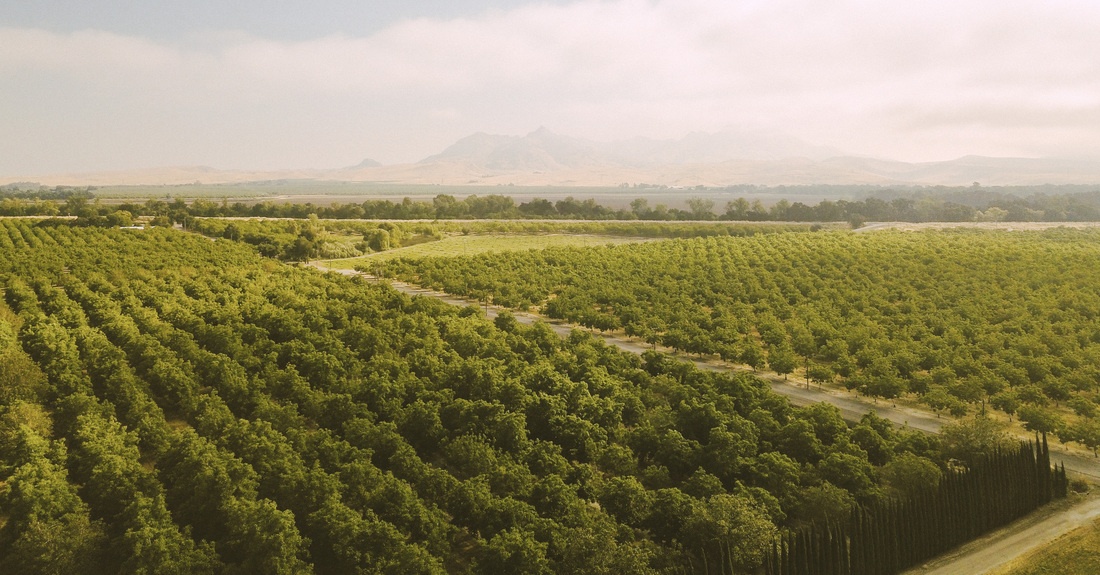At Helena, we recognize that real progress on climate change requires actionable steps across every level of our business. Through innovative practices, collaborations, and data-driven solutions, we’re working to reduce greenhouse gas emissions and promote sustainability in agriculture. Our Climate Initiatives focus on three core areas: Direct Emissions, Indirect Emissions (Energy), and Indirect Emissions (Supply Chain). Each scope represents an essential part of our commitment to making a positive environmental impact while ensuring agricultural productivity and resilience.

Scope 1: Direct Emissions
We’re driving meaningful change by actively working to reduce greenhouse gas emissions in our water and waste management processes. Through careful analysis, we've pinpointed specific areas in water and sewage where emissions can be minimized without compromising our operational efficiency. These improvements represent an opportunity to lower our environmental impact while maintaining the quality of service our customers expect.
Our waste reduction efforts are rooted in extensive studies across various regions and crop rotations, allowing us to identify waste reduction opportunities within our supply chain. We've uncovered key contributors to waste by market, targeting resources that can be better utilized to maximize their impact. This has led us to set ambitious waste-reduction targets across all our locations, emphasizing our dedication to sustainable operations.
Recycling and waste diversion are foundational to our sustainability efforts. While agriculture has made strides in these areas, our recent waste audits revealed additional opportunities for improvement. We’re proactively seeking partnerships to help recycle high-volume waste and divert materials into new, productive uses.
Our goal is to foster an industry-wide shift toward reducing, reusing, repurposing, and recycling waste, strengthening collaboration within the agricultural food supply chain.
When it comes to fossil fuels, we’re navigating the unique challenges posed by agriculture's seasonal cycles and the current limitations of EV infrastructure in rural areas. While heavy-duty EV alternatives are still developing, we’ve maximized the use of renewable fuel blends wherever possible. From ethanol and biodiesel to sustainable aviation fuel, we're committed to adopting renewable fuels that benefit both our customers and the environment. Advocating for increased support and demand for renewable energy sources remains a priority.
Scope 2: Indirect Emissions (Energy)
Energy consumption plays a significant role in greenhouse gas emissions, and we recognize our responsibility to reduce wasteful practices while meeting essential needs. Energy has undeniably advanced human life and health, but we must now prioritize sustainable usage to ensure future growth. Helena has made energy education a cornerstone of our sustainability initiatives, providing ongoing training and best-practice guidance through our GROW platform to help team members make conscious energy choices every day.
Exploring renewable energy options is central to our strategy. From coast to coast, some of our facilities have already achieved energy independence, utilizing solar power to offset traditional energy needs. In addition, we're piloting a new wind turbine model at one of our sites, which has shown promising results. This turbine's compact design allows it to fit into more locations than conventional solar arrays, offering a versatile and potentially transformative solution for our energy footprint.
Scope 3: Indirect Emissions (Supply Chain)
The journey to reduce Scope 3 emissions, which encompass the full supply chain, is just beginning. These emissions represent a shared responsibility across suppliers, partners, and customers, demanding collaboration at every level. At Helena, we're taking proactive steps to measure and understand our Scope 3 emissions, setting the groundwork for future action. By leveraging our AgrIntelligence and AgVance platforms, we’re equipped to track and manage these emissions, providing insights that will drive reduction efforts across the supply chain.
Our initial focus areas include raw materials sourcing, transportation efficiencies, and renewable resource adoption. We’re committed to working alongside our partners and customers to facilitate meaningful changes that benefit the entire agricultural ecosystem. With a foundation of strong data and clear goals, we’re confident in our ability to make progress in reducing Scope 3 emissions, building a sustainable future for our industry.
